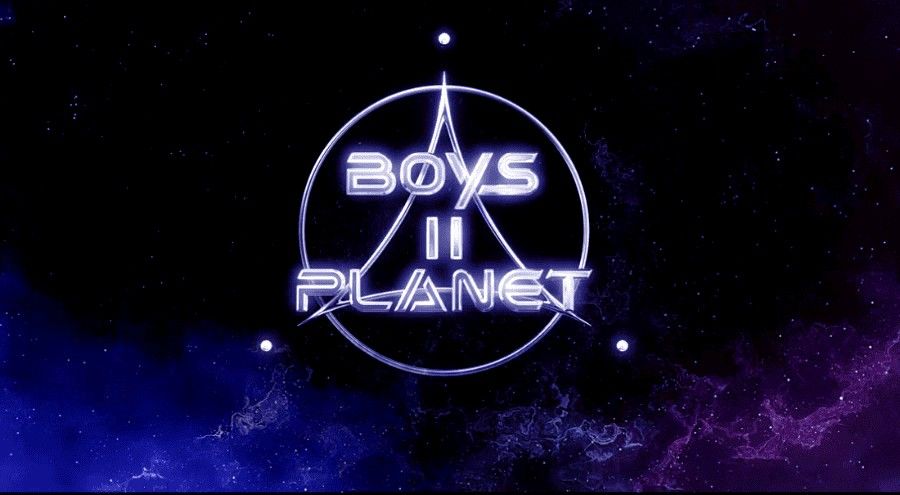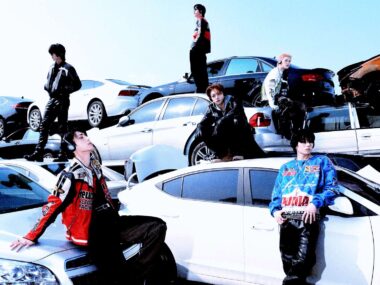Mnet is back with Boys II Planet, the second season of their survival show that promises to launch the next big boy group. This time, the format splits 160 contestants into two factions: K Planet, made up of Korean trainees, and C Planet, featuring Chinese trainees. As voting opens and biases form, fans are once again being asked to invest emotionally and financially in a group that may only exist for a couple of years.
So here’s the real question: is it even worth it anymore?
The Emotional Cost of Temporary Groups
When you’re following the formation of a survival group, the highs can be intoxicating. Watching your favorite trainee grow with every performance, debut, and appearance on variety and music shows is a thrill. But the lows hit just as hard because most of these groups are designed to end from the start.
Most survival groups promote for about 2 to 2.5 years, and then it’s over. These groups are made up of trainees and idols signed to different entertainment agencies. Once the group disbands, the members either return to their original group, debut in a new group, or try to make it solo. Others transition to acting, become MCs, or leave the industry altogether.
For fans, the emotional whiplash of loving a group’s sound, chemistry, and dynamic while also counting down to its expiration date is no joke.
It’s All About the Individual Members
Survival shows push fans to “pick a bias” early. Voting is structured around individual popularity, which makes sense because it’s a competition. That structure can undermine the very thing that makes K-pop groups work: unity.
Instead of building a strong group identity, fandoms fracture into solo stans who aren’t as invested in the group as a whole. That kind of fan culture can make it harder for these temporary groups to feel like real, cohesive units. You might pour your heart into stanning the group, but usually, a few breakout members tend to benefit from survival shows more than the group itself.
The Market’s Changing and Not in Survival Shows’ Favor
Groups like Wanna One, IZ*ONE, and I.O.I set the gold standard for survival show success. They dominated charts, were popular with the general public, and were basically inescapable. Lately, that same level of cultural impact is harder to reach.
The novelty has worn off. Scandals like Produce 101’s vote manipulation left a bad taste in viewers’ mouths. And the market is flooded with new trainees competing for the same sliver of attention. Even when these shows go global (like Boys II Planet, which targets both domestic and international audiences), the outcome doesn’t always translate into lasting fame.
It’s not that survival shows no longer work. The industry just seems less focused on creating blockbuster acts and more interested in attracting super fans: those who are willing to spend big money on limited-time events, merch, and content.
For Contestants, It’s High Stakes With No Guarantees
Even with all the screen time and exposure, career stability and success aren’t guaranteed. Many idols who debut through survival shows eventually fade from the public eye. The exceptions are the ones backed by a major agency or who go viral in some other way.
Some contestants bounce from one show to another, trying to debut multiple times. And because survival groups are made up of trainees from different entertainment companies, continuing group activities becomes difficult if not impossible.
So while the stage lights may be bright during the show, they can dim just as quickly once it’s over.
[Part 2 coming next: Why fans still choose to stan anyway, and what could make the survival show model more sustainable for everyone.]






